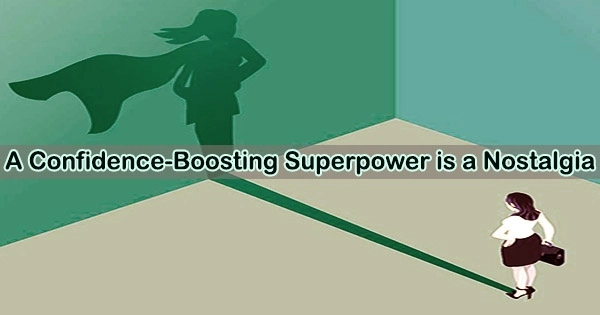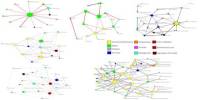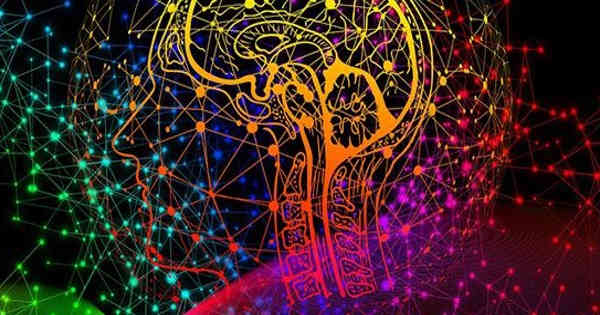It can be good to look back in your memory for a time when everything in life looked tranquil and secure when everything seems to be moving quicker and more scarier than the day before.
Utilizing our memories of happier times can actually help us maintain a positive attitude on life, a healthy mental balance, and a sense of self-worth. Nostalgia, which may be defined as an emotionally rich appreciation for a past time, event, or connection that contains positive and pleasurable connotations, is what we experience when we reflect on earlier periods of our lives.
You might get the same sensation of security and warmth you did all those years ago when you imagine yourself being taken care of by a loving parent or caregiver. You can experience a physical warmth that spreads throughout your body when you think back on those satisfying relationships and times of contentment or delight. You might even become aware that you’re grinning right now as you remember those times.
This sense of being connected to the past can offer you an inner lift that will help you cope with the difficulties or sense of isolation you’re experiencing right now. When we feel safe and connected to others, we feel more robust.
Nostalgia Is a Superpower Anyone Can Master
The “superpower” of nostalgia is its ability to help us feel better about the “now” by bringing back pleasant memories from the “then.” If we can turn our nostalgia into actionable steps or a new perspective on the present, nostalgia can make us feel better about ourselves and more in control of our circumstances.
Your ability to look back on the past with nostalgia will also improve your feeling of purpose in life.
Even though it might be difficult to recall happy times in the past, especially when faced with failure or loneliness, research demonstrates that these memories are transforming. We are better able to handle stressful situations when we have happy memories to comfort and support us.
Routledge et al underlined the benefits of employing nostalgia as a defense against poor mental health and as a strategy to assist adaptive psychological functioning.
The brain is a strong organ, and it strongly encourages us to use happy memories to heighten our sense of purpose, social connection, and self-worth. Together, these increase our belief in our capacity to control the situation as it is.
Making Moments Count: Anticipatory Nostalgia
Have you ever been in the midst of a joy-filled or especially heartwarming event and thought to yourself, “This moment is going to become a memory I treasure in the future”? If so, you are practicing anticipatory nostalgia. We might call these “Zen moments” or “magic moments” and it appears that there are benefits to being able to let yourself stop and acknowledge the magic of these events.
It can make us feel even more appreciative of the connections we have to the people and places that are a part of the event when we experience anticipatory nostalgia since we are deepening the savoring of the event.
This illustrates how crucial it is to genuinely live “in the moment” and be present. While anticipatory nostalgia may be a mood that is focused on the future, it occurs right now and strengthens our connection to the present.
The Dangers of Succumbing to Memories of the Past
However, when we start “living in the past,” we can be bringing less than ideal mental and perhaps even physical heath into our lives. When we give in to recollections of how things “used to be” and neglect to deal with the “what is,” we can find that our current circumstances are overwhelming and that we are less able to handle current difficulties.
The kind of nostalgia that helps us deal with highly worrying or dangerous situations is frequently associated with memories of our homes and the people in our immediate environment. For example, letters from loved ones back home can be a lifeline for soldiers fighting distant from what they consider “home.”
It’s when we become stuck in our memories of people who have died, places or times in our lives when things were “easier” or “better” that invites in the negative effects of nostalgia.
We can fall into a state where we “tune out” of the present and disregard very serious threats or opportunities in the here and now when we are unable to make decisions regarding a current difficulty or become trapped in memories of happier times from the past.
The key is to let the power of the past prepare us to handle the present.
















